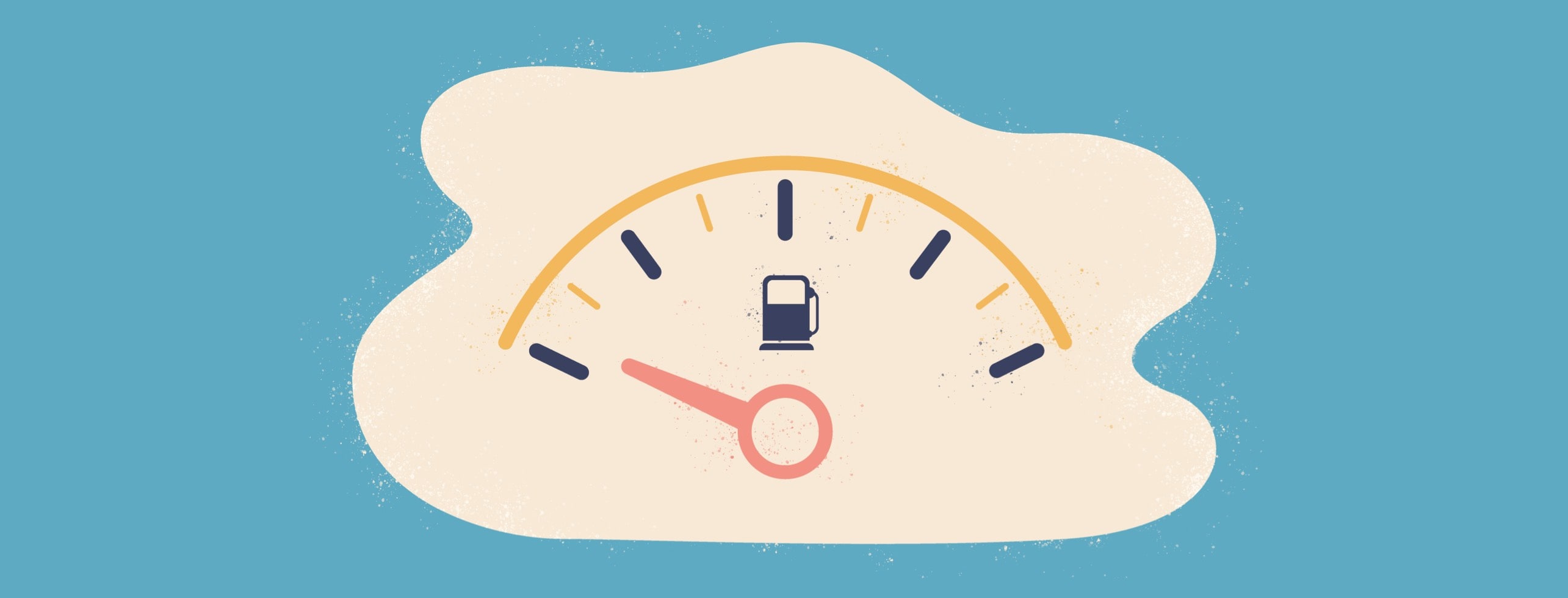Bladder Cancer and Fatigue: My Experience
Before I was even diagnosed with bladder cancer, I was suffering from fatigue. I used to “beat” myself up about it. I began to think, “is this part of the normal aging process?” But I was only 53. Am I just becoming a “lazy” person? I spoke with my Doctor who said I was probably depressed because I was going through a surgical menopause at the time, after having undergone a “full” hysterectomy. In fact, I was treated for depression, but the medication never helped. Well, it wouldn’t; I didn’t know it yet, but I had cancer, and fatigue, it appears, is quite a common symptom.
Finding out I had bladder cancer
Around 12 months later, I was diagnosed with a high grade, “aggressive” bladder cancer. Now I finally had the answer to my constant and never-ending fatigue. In some ways, it was a relief to now be able to understand why I was always so drained and tired. But obviously very scary knowing I had cancer to deal with.
Fatigue progressed with my cancer
As my cancer had progressed to a high stage, my levels of fatigue had grown with it. In fact, before my diagnosis, I had become almost bed bound. Around 4 months after initial diagnosis, I underwent a Radical Cystectomy. I believed that this would be the beginning of the end to my “constant fatigue”. But in reality, it wasn’t going to be that easy.
So what is “fatigue”?
Fatigue is not just about constant, never-ending tiredness that cannot be refreshed by a “good night's sleep,” although that's part of it. It’s much more than that. Fatigue causes many other symptoms, too. For me, I also suffered from the inability to concentrate, headaches, muscle weakness, loss of appetite - I had no motivation left within me. I just felt so darned weak. That constant feeling of tiredness and weakness just never seemed to end. And of course, having to deal with a cancer diagnosis and surgery only added to my ongoing, chronic symptoms.
After surgery, my fatigue did not disappear
I believed that once I was “rid” of my cancer, all my symptoms of fatigue would just “disappear”. After the initial exhilaration of knowing my cancer had been gotten rid of and surgery had been successful, I was still feeling the same. This I found hard to deal with, as I truly believed that being rid of my tumor would be the answer to all my problems. It wasn’t!
Learning to deal with it
I needed to understand my “fatigue” and be a little kinder to myself. After all, my body had been through one hell of a lot. Not just physically but emotionally, too.
I had to learn to deal with “it”. But how?
Getting help from my doctor
I read up on various self-help methods. These included tips on ensuring I had a “healthy” diet. So this would be my first step. Before my diagnosis, my appetite was virtually nil and in fact, I hated the thought of mealtimes. I had been eating next to nothing, so I needed to start getting some “goodness” back into my body. So I spoke with my Doctor, and she prescribed some “meal supplements” in the form of a juice drink. I found these to be quite palatable, and I quite enjoyed them.
Next was exercise. Now by this I don’t mean going to the gym for a full body workout. That would, for me at least, be totally impossible. It’s about the little things. Walking up and downstairs a couple of times, taking that much overdue shower. “Baby steps” is what I’m talking about.
Also, I’ve found that many cancer patients suffer from a vitamin B12 deficiency. So it may well be worth getting yourself tested. I did, and indeed I had an extremely low vitamin B12 count. So I now have regular B12 injections. I felt the benefit almost immediately and am still having the injections to this day.
How I am doing now
I still suffer with a certain level of fatigue, but it's nowhere near as bad as it was. I try my best to maintain a healthy diet and, if necessary, supplement with a good quality vitamin supplement. I would suggest talking to your medical practitioner first before taking.
I do have the “odd” day where all I want to do is sleep. It's usually if I’ve had a “heavy” day the day before. So instead of beating myself up about it, I go with it and allow my body the rest it is clearly craving.
I try to make plans that are “flexible,” as putting myself under pressure to “do” or “attend” something” can, I have come to realize, only add to my fatigue.
Be kind to yourself
It's been a slow progress, but at least I feel finally that I am making some headway in “beating” this fatigue.
My final bit of advice is: be kinder to yourself, allow yourself some rest, but if you can, do try and push yourself just a little. And patience - for me, fatigue is an ongoing daily battle, but I’m finally starting to see and feel improvements in my energy levels. I finally have hope that my symptoms of fatigue will slowly lessen.

Join the conversation